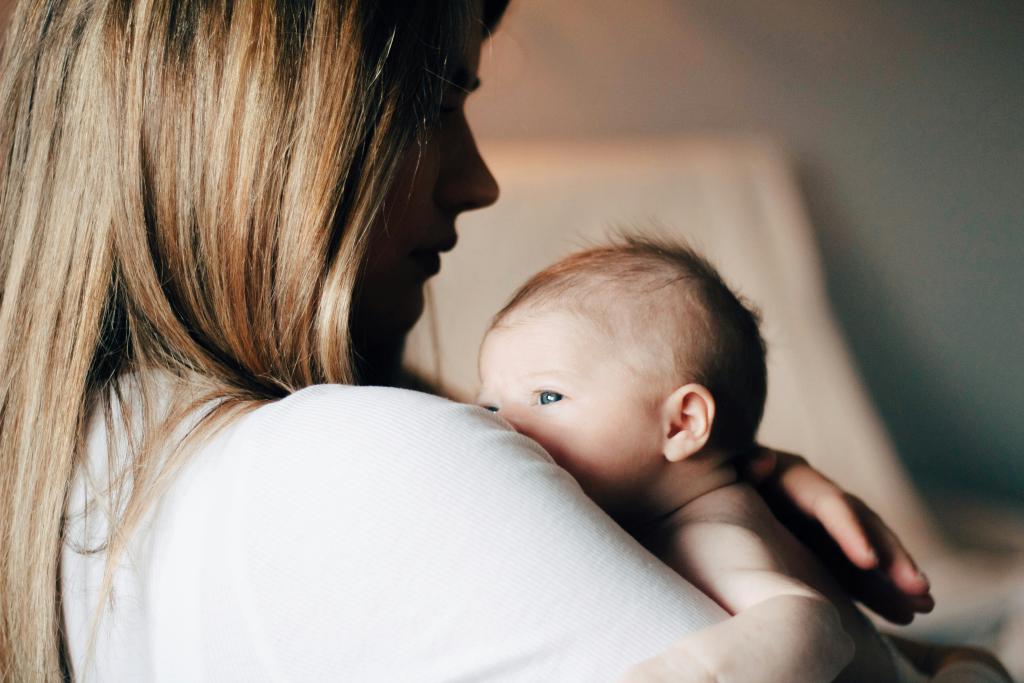
What an incredible experience – now that you’ve brought your baby into the world, it’s time to acknowledge that your body has been through a lot. Whether you had a vaginal birth or a C-section, postnatal recovery is a journey and just as important as looking after your newborn.
At Grace Private, our experienced physiotherapist is here to help you navigate the postnatal period with expert advice, practical strategies, and lots of reassurance. Here’s what you need to know about your postnatal recovery and how to support your body in the weeks and months after birth.
Every woman’s recovery looks different, but here are some common changes and challenges you might experience:
Our Gold Coast physiotherapist recommends these key strategies to help you feel stronger and more comfortable in your postnatal body:
You don’t need to hit the gym hard to support your recovery after having a baby—in fact, less is often more. Prioritising rest is essential, but gentle movement plays a crucial role in healing. Short walks, gentle stretching, and pelvic floor exercises can boost circulation, ease stiffness, and aid your body’s natural recovery process.
Even if you’re not experiencing leakage or discomfort, pelvic floor exercises are so important for long-term recovery. A physiotherapist can assess your pelvic floor and provide personalised exercises.
At this time you should avoid traditional sit-ups or planks, as they can put too much pressure on healing muscles. Instead, focus on deep core activation and breathing techniques to rebuild strength safely.

Many new mums experience neck, shoulder, and back pain from hunching over during feeding or holding their babies. Try to sit with good back support, bring your baby to your chest (rather than bending down), and swap sides regularly.
Note: Your obstetrician will guide you through the recovery process and provide advice tailored to your individual healing journey.
Your body has done an incredible job growing and delivering your baby, and recovery takes time. While sometimes it’s easier said than done, avoid overdoing it and allow yourself moments of rest.
It’s a good idea to book a postnatal physiotherapy check-up around six to eight weeks after birth, but you don’t have to wait if you’re experiencing discomfort or concerns. See a physio if you have:
Your body has done something so special, and postnatal recovery is a journey you don’t have to navigate alone. If you need guidance, support, or reassurance, our Grace Private physiotherapists are here to help.
Book an appointment with our team to take care of your postnatal body today- call 07 5594 7632.

